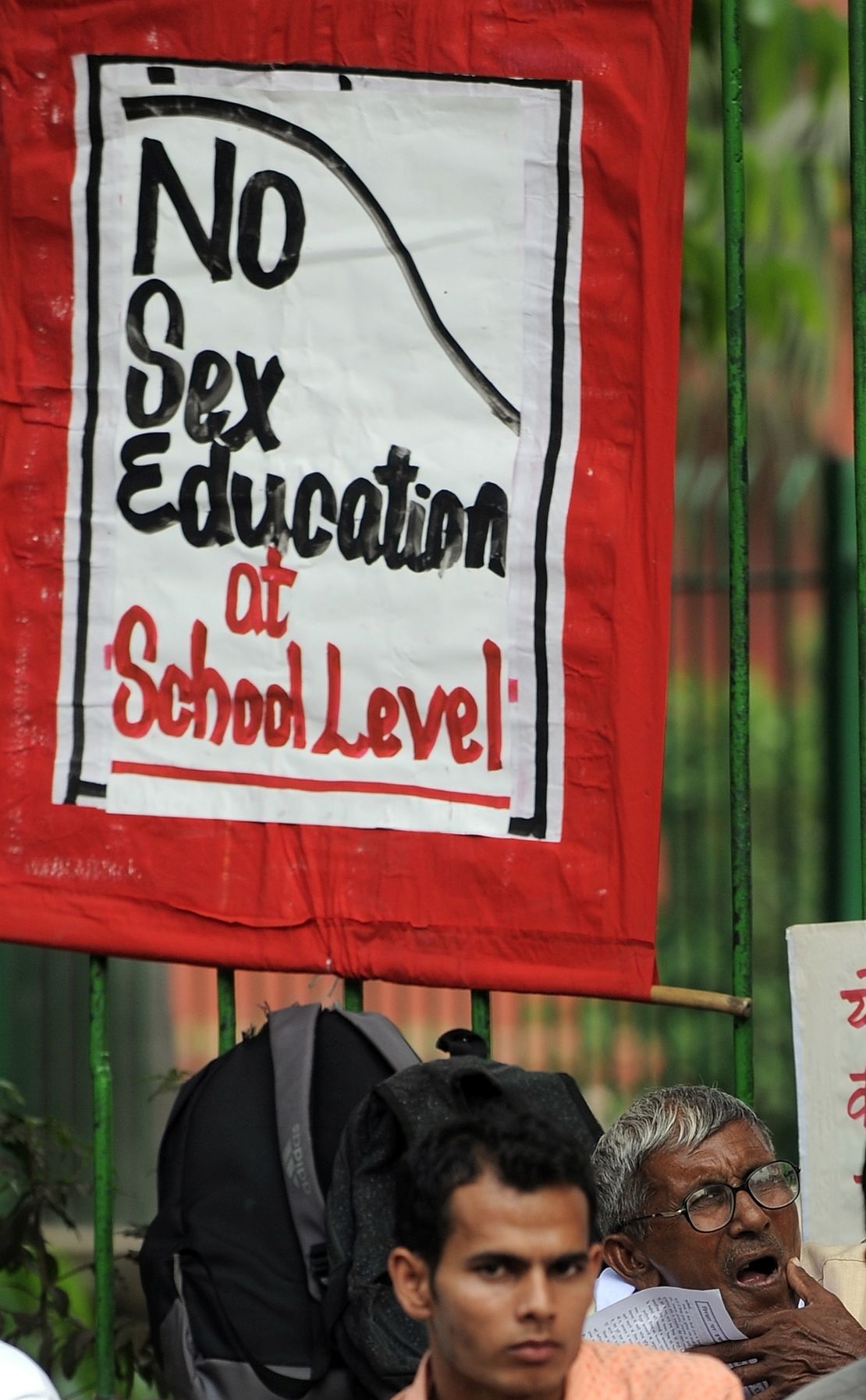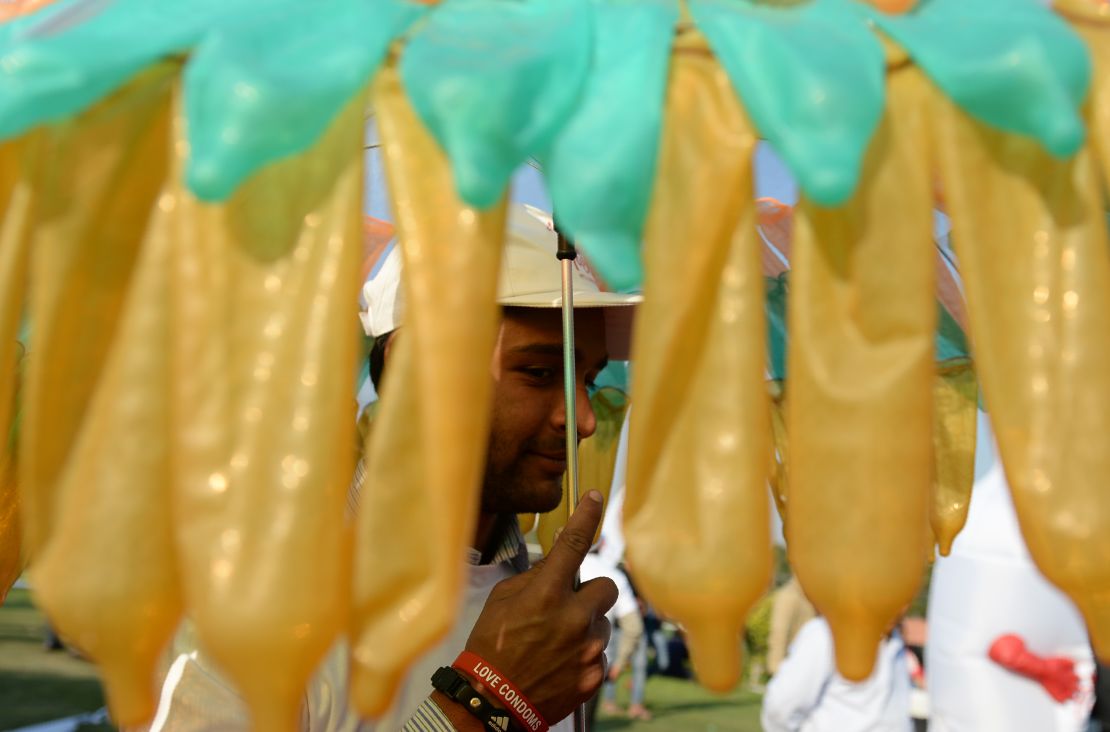Story highlights
Sex education in schools is banned in six Indian states
Many adolescents struggle to access advice on health and sex
It’s okay for a boy to have feelings for another boy. In fact, it’s natural, says India’s Health Ministry.
It’s a groundbreaking and taboo-busting piece of official advice for teens in India, a country which in 2013 reinforced a law which makes homosexual intercourse illegal.
This week, India’s Ministry of Health and Family Welfare launched a resource kit that will be used by 160,000 young people in villages and cities all over India.
They are being trained in adolescent health by the ministry and will teach their peers and younger kids in an attempt to revolutionize how teenagers learn about health and sex.
“It’s about changing behavior, changing thought and changing lifestyles… if we are successful in doing this, it’ll be a huge, huge contribution,” said C.K. Mishra, the health secretary, at the launch of the resource kit.
In the section on puberty, the pamphlet, which is available in Hindi and English, explains: “Yes, adolescents often fall in love. They may feel attachment for a friend or a person of the opposite or same sex. It is natural to have special feelings for someone.”
India is home to 253 million adolescents, about a fifth of its overall population and the largest population in the world.
Accessing sex education, however, is a major challenge. Sexual health education in schools is banned in six states in India, with opponents saying it leads to promiscuity and corrupts young people.

Step forward
The Health Ministry has always been supportive of the LGBTQ community, said Koninika Roy, an advocacy manager at Humsafar Trust, a LGBTQ rights organization in Mumbai.
“There’s a huge a gap in the education system,” said Roy. She sees the language of the resource kit as an important step forward, especially for reaching a younger audience.
“I think it’s a very progressive. I don’t think the ministry has ever really considered talking about these issues openly especially with people under the age of 18,” she said.

Attitudes are also changing.
“I think the country has moved far ahead in the last 10 to 15 years in these issues,” said Venkatesh Srinivasan, an assistant representative at the UN Population Fund.
The kit, which consists of a mobile app and printed materials, addresses issues ranging from child marriage to wet dreams. The resource kit also emphasizes the importance of consent in relationships and tells girls that menstruation is not “pollution.”
Over the course of the last two years, the ministry worked with the United Nations Population Fund and other organizations to develop the resource kit.
